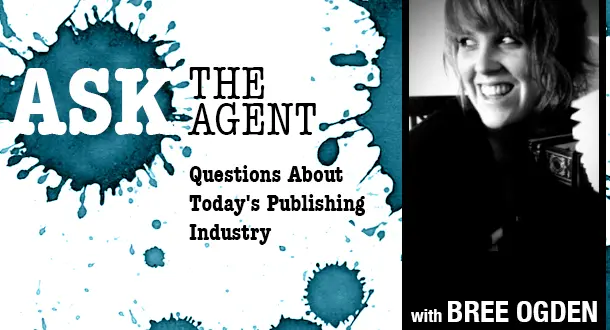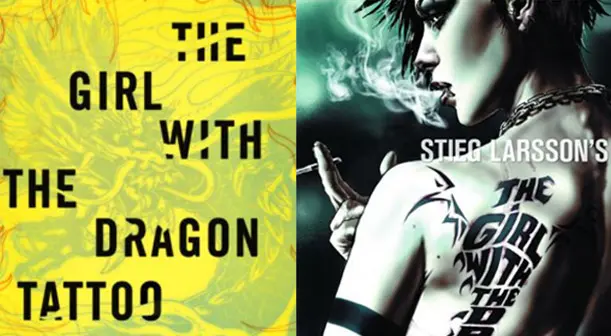Menu
Columns
Showing 3546 Columns
Showing 3546 Columns
April 3rd, 2013

A deluge of unnecessary content or verbiage can destroy your work. When it's time to revise your over-written piece, how can you make cuts that avoid castrating it? Take it from a chronic over-writer: Making cuts isn't an easy process. However, there are some helpful techniques. Here are four strategies I use when revising my own work. 1) Be goal-oriented
Read Column →April 2nd, 2013

This week I’ll be dissecting another of my stories, “Fireflies.” It was originally published in Polluto and later online at Circa Review. It’s been a while since I did this, and I’m excited to dig into this story for a number of reasons. First, this was one of my first attempts to write magical realism. It was also one of my first attempts in recent memory to write a short story that had a positive core, a center that was built around love, romance, and nostalgia.
Read Column →April 2nd, 2013

Easter just came (and went) and call me blasphemous, but the holiday always makes me think of zombies. I mean, sure, Jesus came back all intact and full of wisdom, but not everyone does. In the majority of cases, when someone comes back from the dead, they come back rotting and mindless and with a hunger for brains.
Read Column →April 1st, 2013

Navigating the rough terrain of today’s publishing industry shouldn’t be a solo event. This week in Ask the Agent, I’ll explore and dissect one of the biggest of the industry’s mysteries, straight from the shoulder. This week I was asked several times, "When should I query agents with my manuscript?" "Does my manuscript have to be complete when I query or are a few sample chapters fine?"
Read Column →April 1st, 2013

This is going to contain spoilers for this episode, and also for the books. I won't tell you what happens in the fifth book, or what I think is going to happen in the next episode, but I will talk about differences between the book and the show thus far. Deal with it.
Read Column →March 29th, 2013

Winter is just about leaving and that means it’s time for a new season of the hit HBO series, Game of Thrones. In fact, the show is such a hit that HBO has signed creator George R. R. Martin to a two year deal to help develop more series for them. As a Martin fan I’m all for that, but so far there’s not a lot of information on what George is planning to do as a result. Which is where this column comes in. Speculation. On what form the series may take, looking at work by Martin (and others) that’s already out there.
Read Column →March 29th, 2013

Comics have long been a breeding ground for material to adapt into film and television projects, a practice which has only increased in recent years. For example: Steve Niles famously turned his screenplay 30 Days of Night into a comic after the script was summarily rejected. Once it became popular as a comic book (with art by Ben Templesmith), Hollywood came knocking and it became a major motion picture in 2007.
Read Column →March 29th, 2013

Flash fiction: A style of fictional literature marked by extreme brevity. Welcome to LitReactor's Flash Fiction Smackdown, a monthly bout of writing prowess. For this edition, we are going to alter the rules a bit to keep it fresh. You now get 25 words and 2 sentences. How It Works We give you inspiration in the form of a picture, poem, video, or similar. You write a flash fiction piece, using the inspiration we gave you. Put your entry in the comments section. One winner will be picked and awarded a prize.
Read Column →🎼
Tell us about your book, and we'll give you a writing playlist
Take our 1 minute quiz to find your ideal tunes.